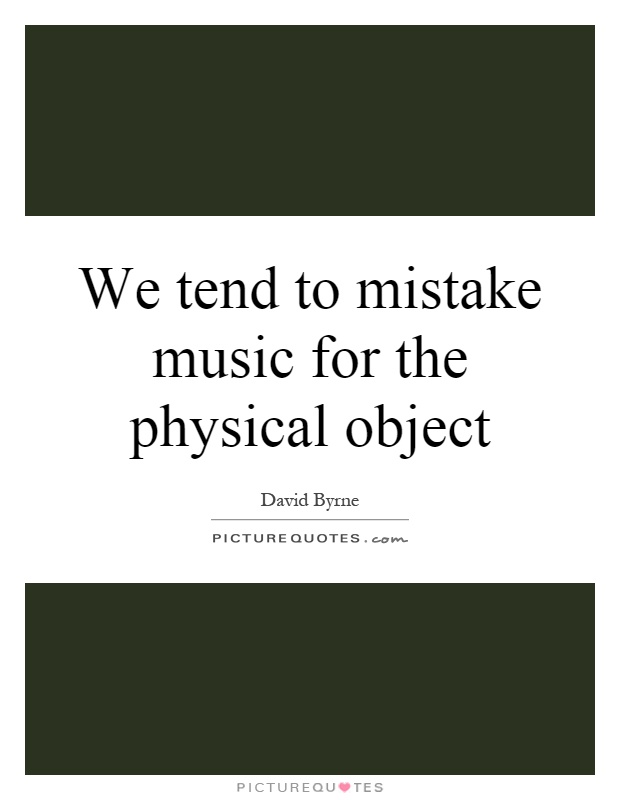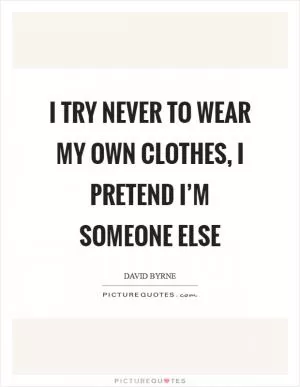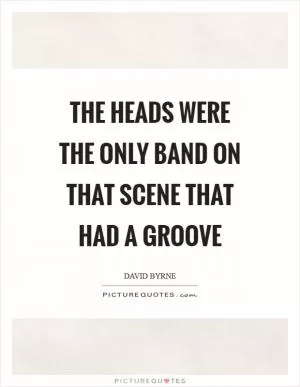We tend to mistake music for the physical object

We tend to mistake music for the physical object
David Byrne, the iconic musician and artist known for his work with the band Talking Heads, has long been a proponent of challenging traditional notions of music and performance. One of the key ideas that Byrne often explores is the concept that we tend to mistake music for the physical object. In other words, we often focus on the tangible aspects of music – such as records, CDs, or digital files – rather than the intangible experience of listening to and engaging with the music itself.Byrne has spoken at length about how the physical object of music – whether it be a vinyl record, a cassette tape, or a digital download – can shape our perception of the music itself. He has argued that the way in which music is packaged and presented can influence how we listen to and interpret it. For example, the act of putting on a vinyl record and sitting down to listen to an album from start to finish can create a different listening experience than simply shuffling through a playlist on a streaming service.
Byrne has also explored how the physical object of music can serve as a form of cultural currency. In his book "How Music Works," Byrne discusses how the value of music is often tied to the physical object in which it is contained. He notes that the rise of digital music has changed the way in which we consume and interact with music, but that the physical object still holds a certain level of significance for many listeners.












 Friendship Quotes
Friendship Quotes Love Quotes
Love Quotes Life Quotes
Life Quotes Funny Quotes
Funny Quotes Motivational Quotes
Motivational Quotes Inspirational Quotes
Inspirational Quotes